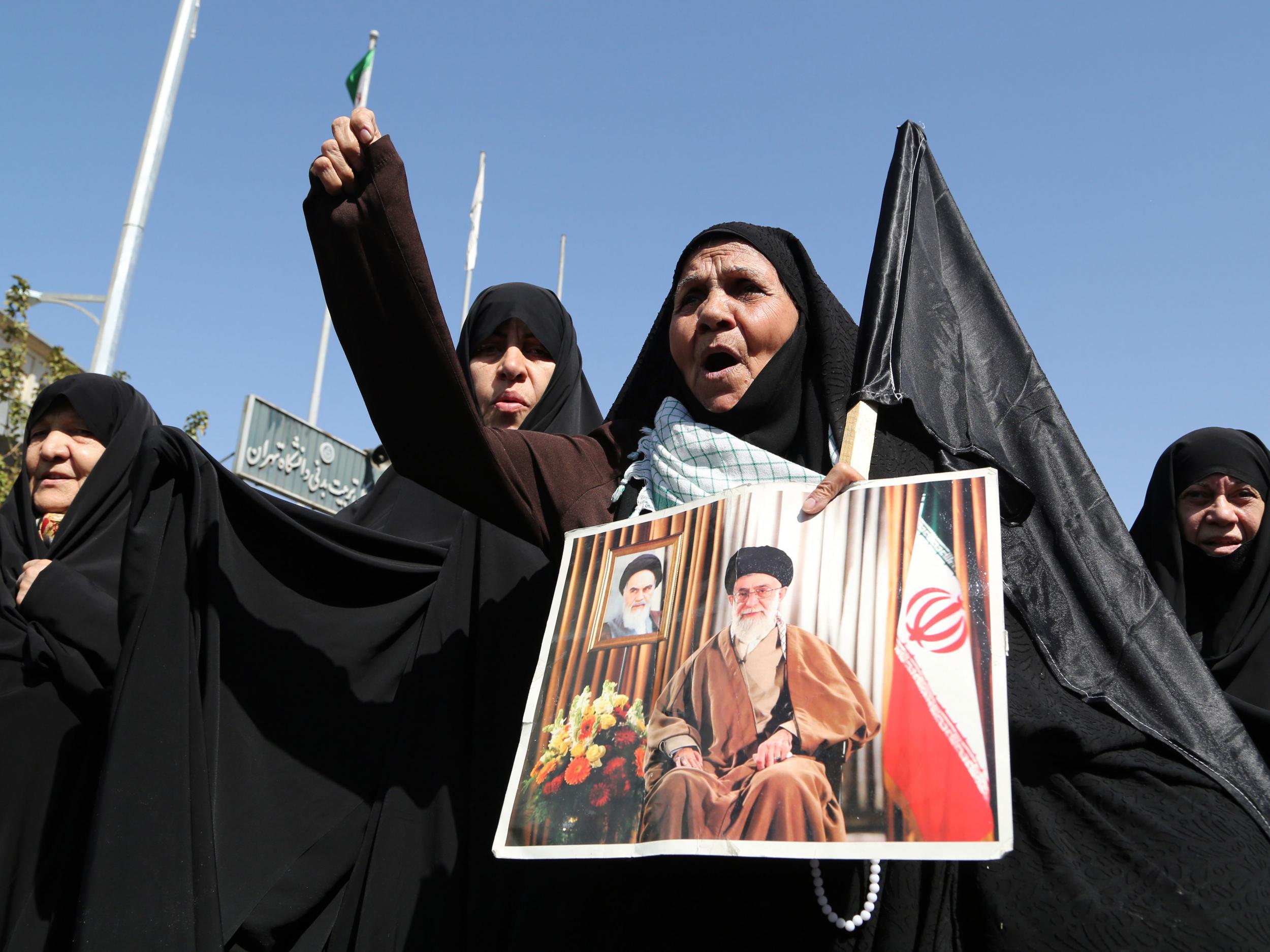Saudi Arabia cuts diplomatic ties with Iran after execution of cleric Sheikh Nimr al-Nimr
The sudden severing of diplomatic ties was announced by the Saudi foreign minister

Saudi Arabia is severing its diplomatic ties with Iran, foreign minister Adel bin Ahmed Al-Jubeir has announced in a televised news conference.
The breakdown in relations is the culmination of a conflict caused by Saudi Arabia's execution of Sheikh Nimr al-Nimr, an Shia cleric and prominent critic of the Saudi Arabian government, and the storming of the Saudi embassy in Iran that resulted.
All Iranian diplomats now have 48 hours to leave the conservative kingdom, beginning a period which marks a new low in relations between the two major Middle Eastern powers.
The cutting of ties followed a long period of conflict between the opposed countries over al-Nimr's treatment. Iran's supreme leader, Ayatoallah Ali Khameni, predicted "divine vengeance" would fall on Saudi Arabia after al-Nimr's execution, and there were anti-Saudi protests as far afield as Pakistan over his death.
Following the execution, protesters stormed the Saudi Embassy in Tehran, ransacking and setting fire to the property before being pushed back by police.
Iranian president Hassan Rouhani attempted to calm the conflict with Saudi Arabia by calling for the perpetrators of the embassy attack to be identified and captured, but Saudi Arabia was not turned.
Al-Nimr was killed along with 46 other accused terrorists, in a mass execution that took place behind closed doors.
He was a constant critic of the Saudi and Bahraini royal families, and was popular amongst Saudi Arabia's Shia minority. Despite calls for clemency from Iran and the United Nations, Saudi Arabia claimed he was attempting to stir up dissent in the country through his calls for the introduction of democracy and elections.
His body was not given to his family, and was buried along with those of the other executed men shortly after the execution.
Join our commenting forum
Join thought-provoking conversations, follow other Independent readers and see their replies
Comments
Bookmark popover
Removed from bookmarks